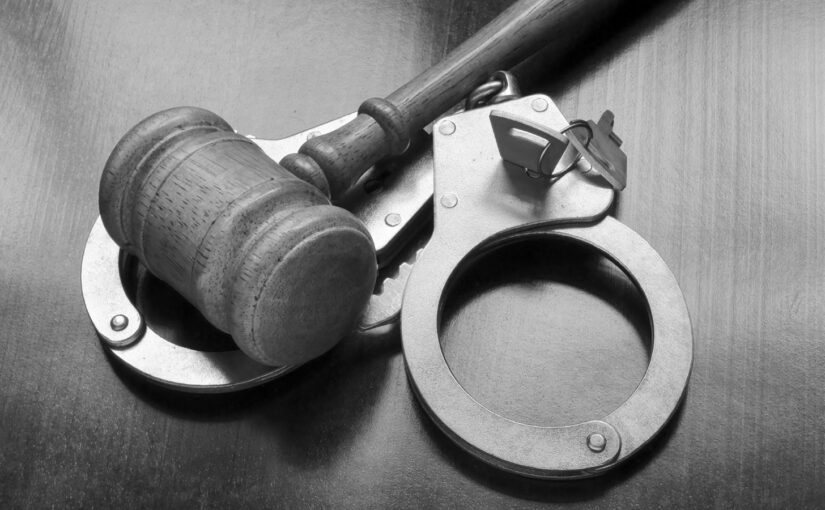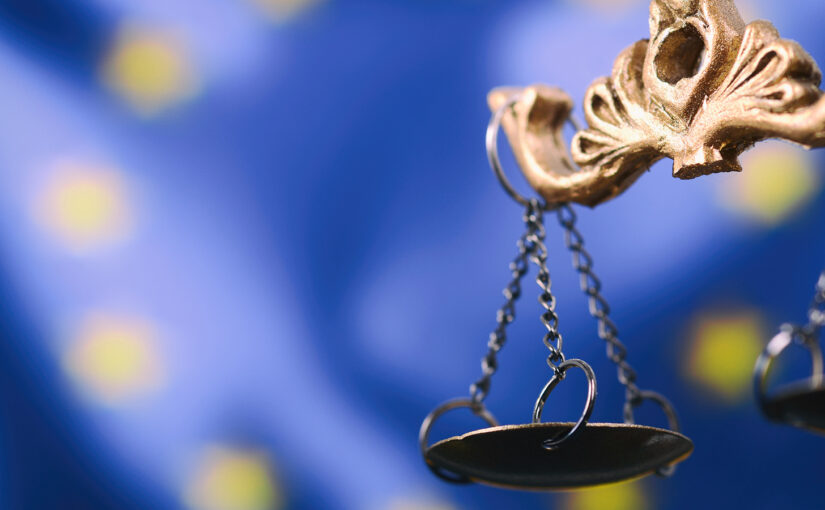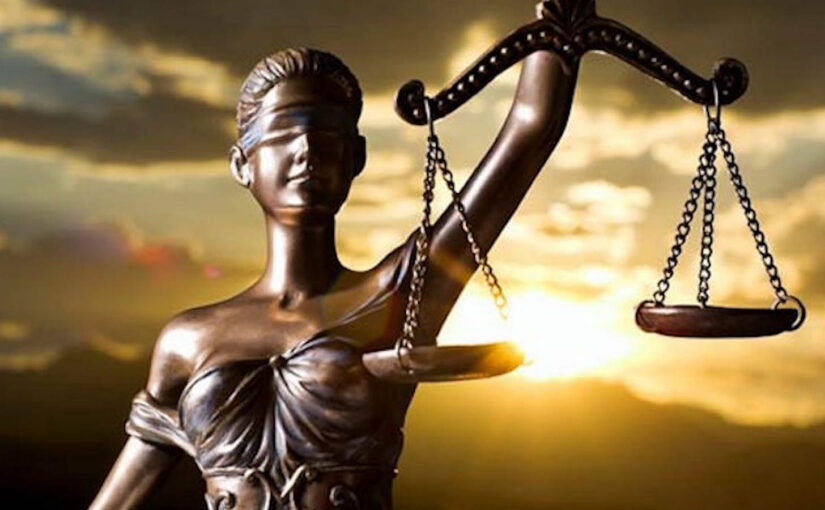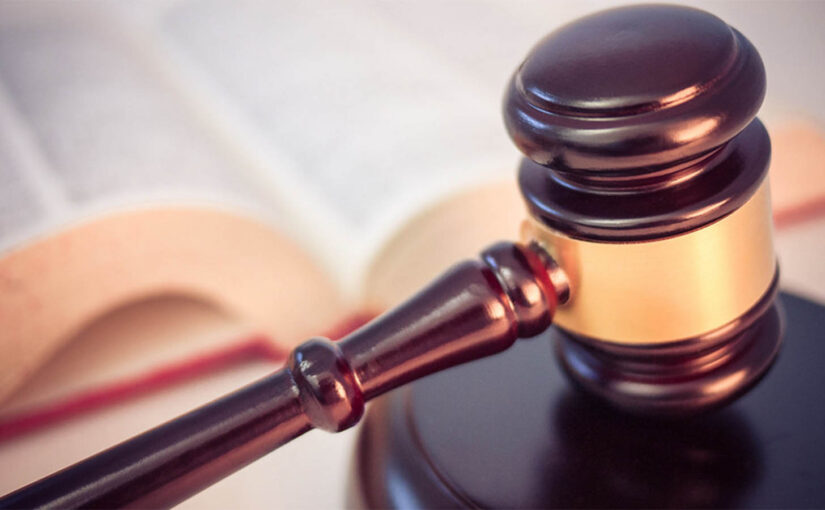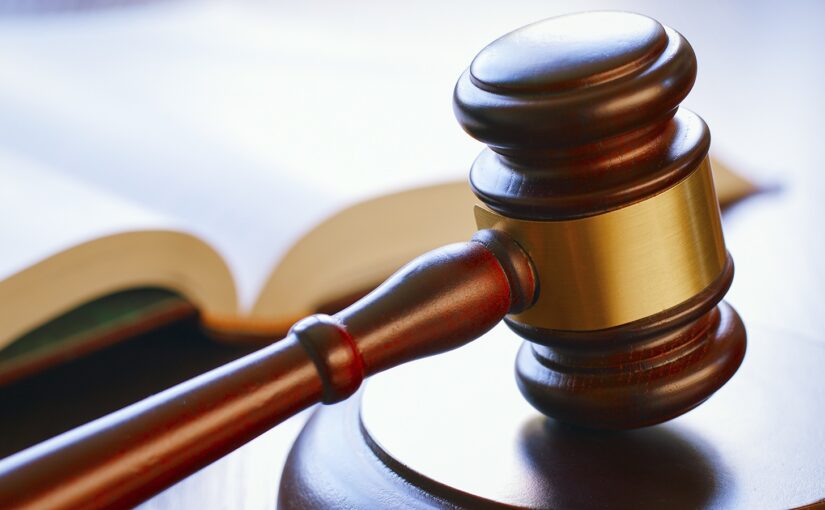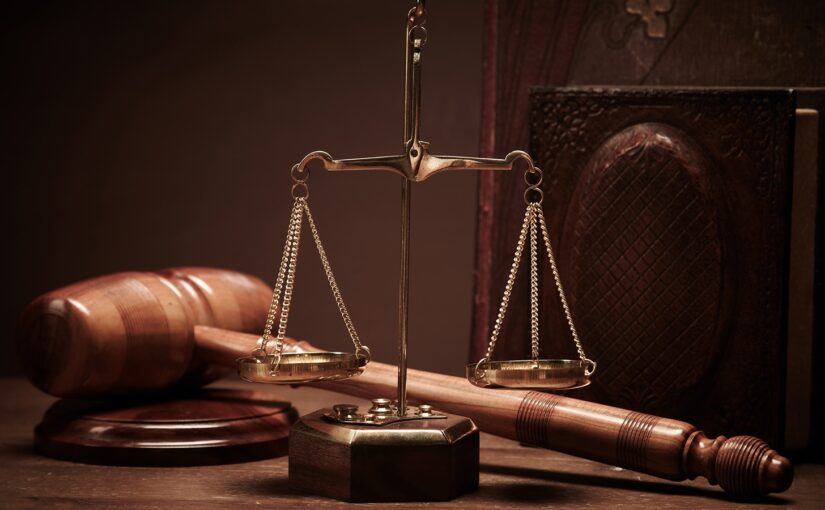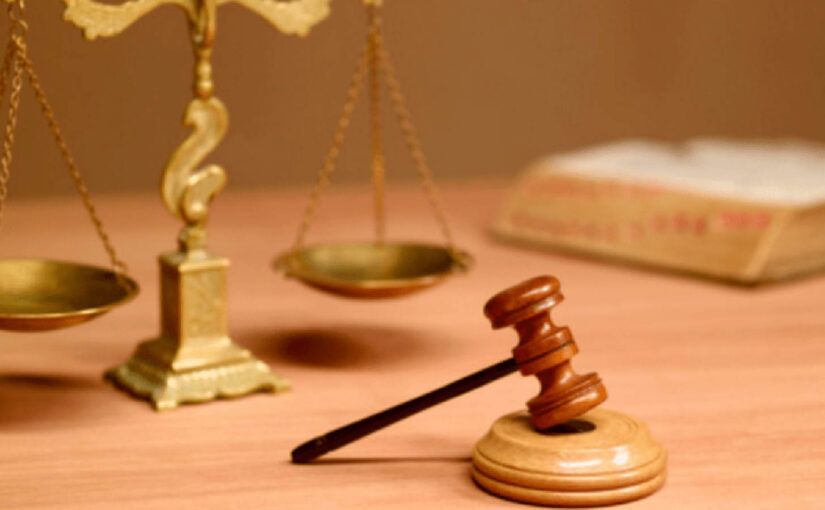Legal Standards for Determining a “Flawed Charge
A “flawed charge” in the legal context refers to a charge against a defendant that contains errors or omissions significant enough to potentially undermine legal proceedings. To understand if a charge is flawed and the degree to which it can affect a conviction, various legal standards are applied.
One of the pivotal legal standards involves the specificity of the charge. The charge must detail the nature of the offense and the circumstances under which it was allegedly committed. The requirement is not mere technicality; it is designed to ensure that the defendant has sufficient information to prepare a defense.
Another standard pertains to the sufficiency of the evidence outlined in the charge. The accusation should be backed by enough evidence to establish probable cause. If the charge lacks this evidence, it might be considered defective, potentially invalidating any subsequent conviction based on such a charge.
Courts also examine whether the flawed charge impacted the trial’s fairness or the outcome itself. A charge with minor inaccuracies that do not mislead the defendant or affect their ability to mount a defense is less likely to impact the trial’s legitimacy.
The jurisdiction where the trial is held also influences the assessment of a flawed charge. Different jurisdictions might have varying thresholds of tolerance for errors in the formulation of charges. What is acceptable in one legal system could be grounds for dismissal in another.
The defense must often object to a flawed charge to trigger a review. Any objection normally has to be raised before or during the trial, so failing to do so in a timely manner may waive the right to contest the charge on this basis. However, some errors are considered so fundamental that they can be challenged even after a conviction, particularly if they violate constitutional protections.
In sum, a flawed charge doesn’t automatically invalidate a conviction, but it triggers a complex legal analysis grounded in:
- The specificity and clarity of the charge
- The sufficiency of evidentiary support
- The impact on the trial’s fairness and outcome
- The legal standards of the jurisdiction in question
- The timeliness and manner in which the defense raises an objection
This analysis ensures that convictions stand only when the charge meets the stringent standards demanded by the legal system, safeguarding the rights of the accused and the integrity of judicial proceedings.
Impacts of Procedural Errors on Convictions
Procedural errors have the potential to leave a significant imprint on the outcome of a court case, and their impact on convictions can range from negligible to absolutely critical. The implications of these errors can affect every facet of a trial, from the initial indictment to the final judgment. Specifically, procedural errors can lead to:
- Misdirected Defense Strategies: If a defense team is not provided with clear and specific details of the charge due to procedural errors, they may spend crucial time and resources preparing for an incorrect line of defense. This not only hampers the defense team’s effectiveness but can also ultimately lead to wrongful convictions.
- Inadmissible Evidence: Errors in the charge can sometimes result in evidence being collected in a manner that violates legal procedures. This may lead to key evidence being disallowed during a trial, potentially influencing the jury’s decision.
- Appeals and Retrials: A conviction based on a flawed charge often becomes the subject of an appeal. If appellate courts find that the errors were prejudicial, this can result in the original conviction being overturned and possibly a retrial being ordered, which strains judicial resources and prolongs the legal process for all parties involved.
- Public Perception: The fairness and integrity perceived in the legal system can be tarnished when procedural errors affect convictions. Public confidence in the criminal justice system can wane, resulting in a broader societal impact.
A noteworthy aspect of these impacts is that not all procedural errors will automatically result in consequences as severe as overturning a conviction. For example, if a procedural error is deemed harmless—in other words, if it had no actual impact on the outcome of the case—the conviction is likely to stand. However, the determination of harmlessness is often subjective and contentious.
While procedural errors are undeniably significant, the doctrine of ‘harmless error’ comes into play, enabling a court to uphold a conviction if it believes the error did not ultimately influence the jury’s guilty verdict. Determining whether an error is harmless often requires a thorough examination of the trial’s record and the likely impact of the mistake on the minds of the jury members.
Errors dubbed ‘structural errors,’ on the other hand, are considered so egregious that they defy analysis through a ‘harmless error’ lens. These errors are presumed to have a significant effect on a defendant’s right to a fair trial, warranting automatic reversal of the conviction. Examples of structural errors include the wrongful exclusion of members from a jury based on race or a severe conflict of interest involving the judge.
- Double Jeopardy Implications: Another potential impact is the invocation of the double jeopardy clause, which prohibits an individual from being tried twice for the same offense. If a conviction is overturned due to procedural errors, prosecutors must carefully consider whether retrying the case might breach double jeopardy protections.
Ultimately, the presence and identification of procedural errors require courts to meticulously weigh their significance against the principle of finality in convictions. A balance must be struck between upholding due process and the interest in avoiding incessant legal battles over settled cases. This highlights the critical importance of accuracy and compliance with procedural rules at every stage of the legal process to maintain the legitimacy and dependability of the criminal justice system.
Case Studies: Overturned Convictions Due to Defective Charges
In the landscape of legal complexities, real-world cases exemplify the dramatic turns that can result from defective charges and further illuminate the nuanced nature of the law. These case studies often serve as cautionary tales or guiding precedents for legal experts and scholars.
Consider the case where a flawed indictment led to a shocking twist: the conviction of a person on drug-related charges was overturned after it was found that the charge failed to specify the drug’s schedule classification, an essential element to establish the offense’s severity. In this instance, the appellate court determined that the omission was substantial enough to mislead the defendant and affect the offered defense.
Another glaring example can be seen in a case involving financial crimes. A businessman was initially convicted based on a charge rife with ambiguities pertaining to the specific transactions that constituted the alleged fraud. On appeal, it became glaringly apparent that such vagueness hindered the defense’s ability to prepare a targeted and effective argument. The conviction was subsequently reversed, with the court highlighting the importance of detail and specificity in charges to ensure fair proceedings.
- Errors in Grand Jury Proceedings: One case garnered attention when a defendant’s conviction for assault was overturned because the grand jury had been improperly instructed. The appellate court found that this procedural misstep deprived the defendant of a competent decision-making body, which is an essential right.
- Violation of Constitutional Rights: In a dramatic turn of events, a murder conviction was quashed upon discovering that the defendant had not been granted their Sixth Amendment right to confront witnesses due to a mistaken charge sheet. This case underscored the direct impact constitutional violations have on the integrity of convictions.
- Use of Generalized Language: Another appellate court ordered a new trial for a defendant convicted of burglary, determining that the charge’s overly broad language failed to inform the defense of the specific incident in question, thereby blunting the accuracy of the defense strategy.
In all these instances, despite the original court’s verdict, the appellate courts played a critical role in reassessing each case. They underscored a core tenet of the legal system: that convictions should be a result of fair trials, grounded on well-founded charges.
These examples also demonstrate how the appellate process acts as a safeguard, catching mistakes that initially slip through the cracks, thereby preserving the integrity of the judicial system. The lessons drawn from these cases continue to influence the formulation of charges, with prosecutors keenly aware that each word can hold the weight of justice or potential miscarriage thereof.
Ultimately, these cases reveal that flawed charges can indeed invalidate convictions, though each legal error faces its own unique scrutiny, with outcomes contingent upon the error’s severity and its relation to the veil of justice placed over every defendant’s right to a fair trial.
